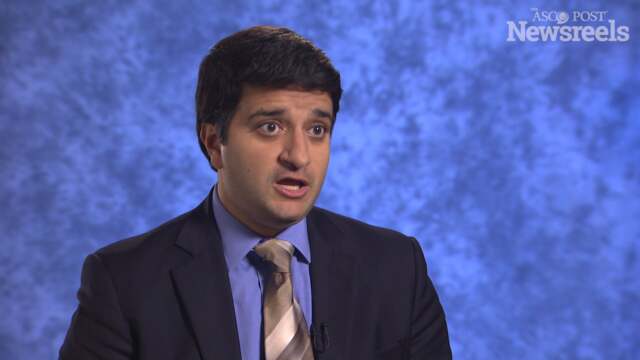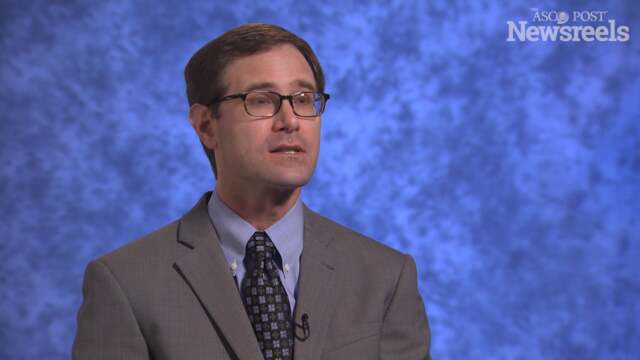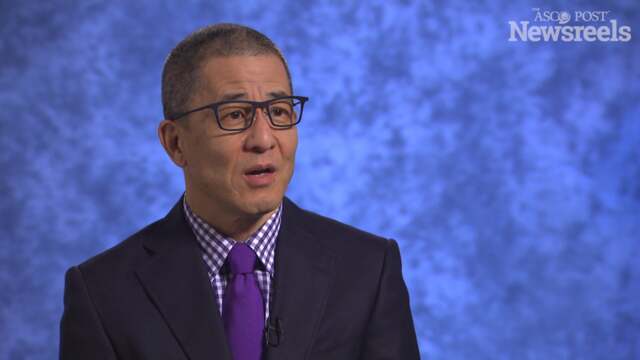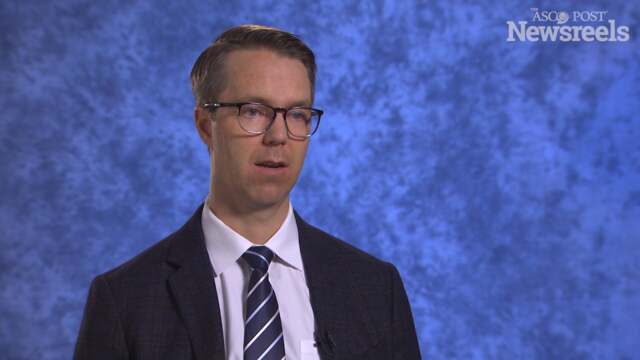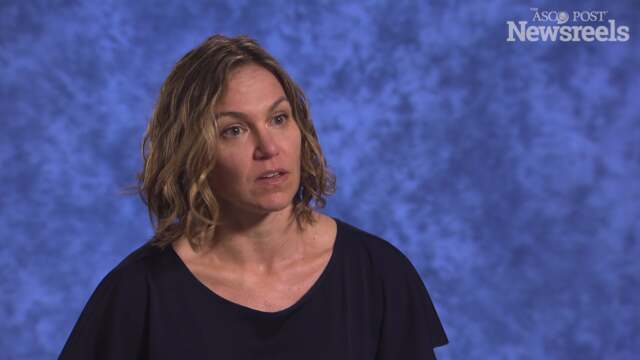Sandip Patel, MD, of the University of California, San Diego, discusses diagnosing and managing immune-related adverse events from immune checkpoint blockade and the toxicities of these treatments.
Jeremy Hirst, MD, of the University of California, San Diego, offers concrete advice on assessing the need for these medications, using them safely, and knowing when to deprescribe them.
Anthony L. Back, MD, of the University of Washington, talks about how clinicians can protect themselves from burnout and develop resilience. The default approach––“pretending we are not affected by stress”––often backfires, he says, and makes caregivers more susceptible to workplace pressures.
Eric Roeland, MD, of the University of California, San Diego, summarizes key papers delivered at the Palliative Care Symposium on managing insomnia, fatigue, nausea, and the ways in which physical therapy and nausea can reduce the side effect burden.
Abby R. Rosenberg, MD, of Seattle Children’s Hospital, discusses study findings on a skills-based intervention that helped teens and young adults with cancer manage stress to improve their quality of life and reduce distress (Abstract 176).
